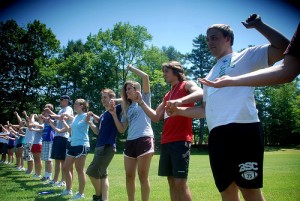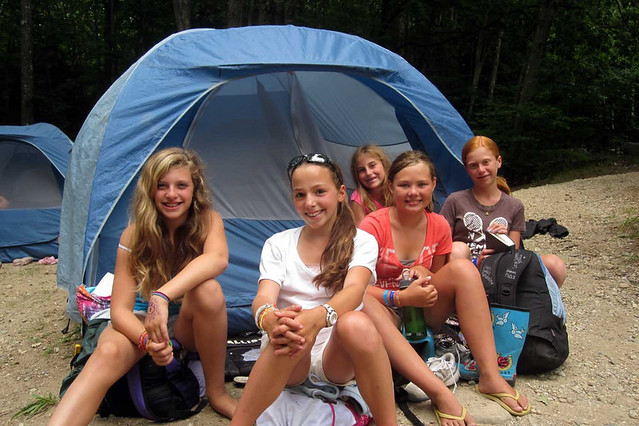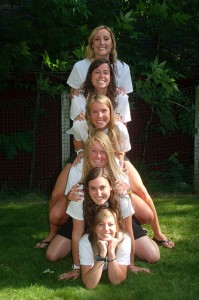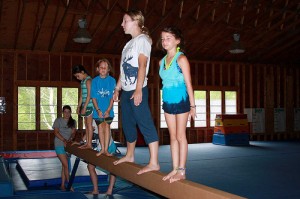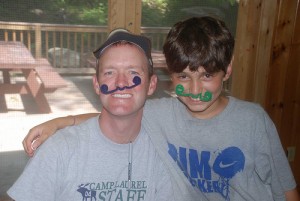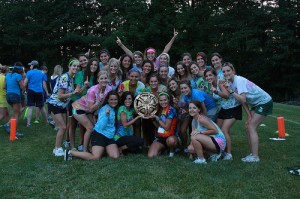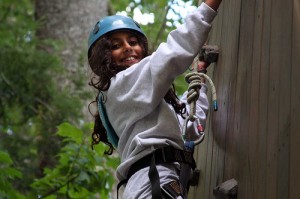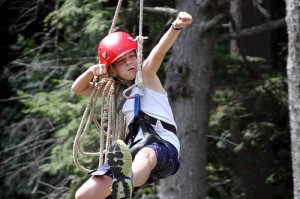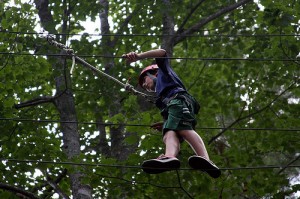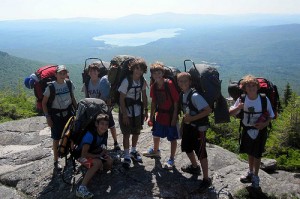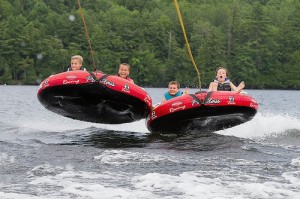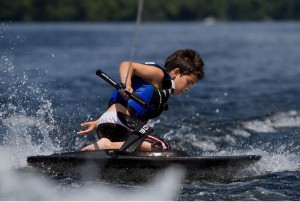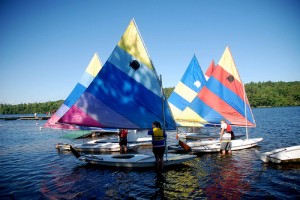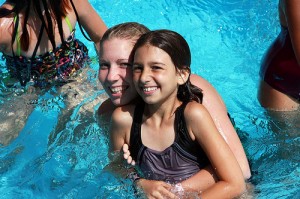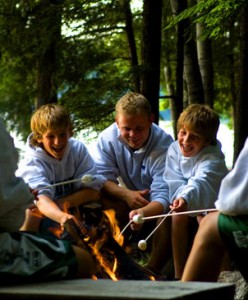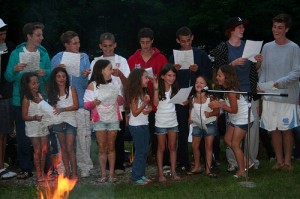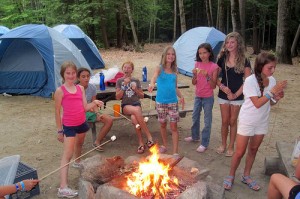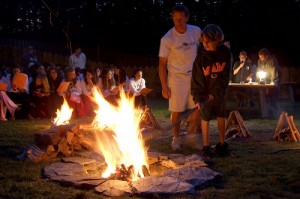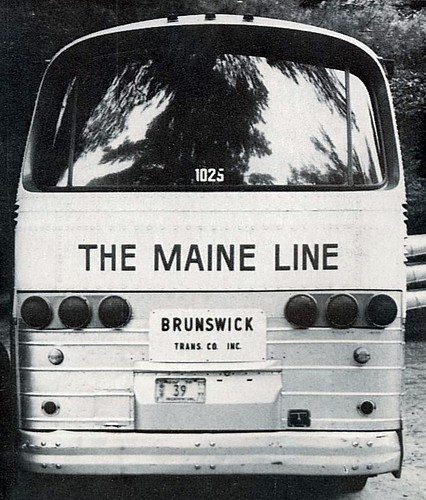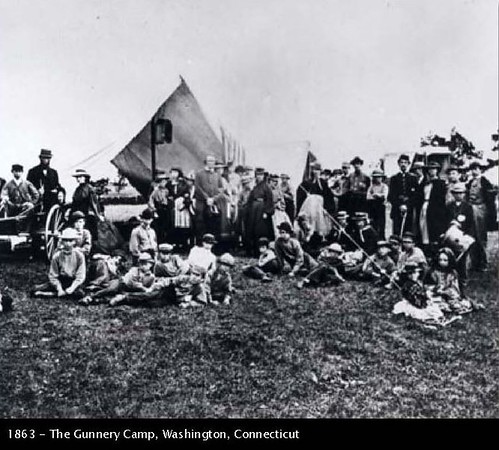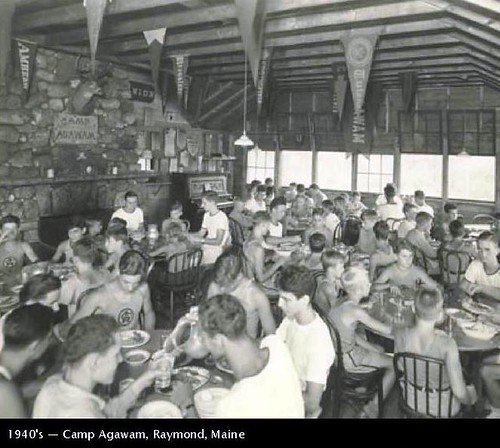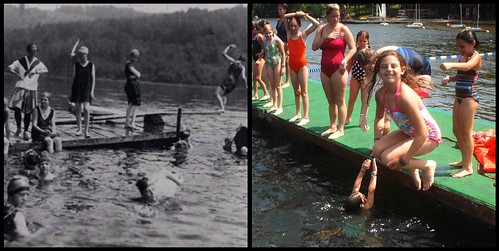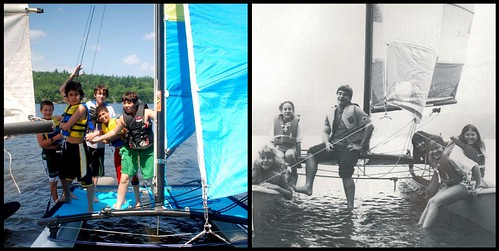 The American Camp Association (ACA) is the parent organization of American Summer Camps. The most reputable American summer camps voluntarily adhere to standards set by the ACA and, in search of accreditation, undergo a thorough evaluation process every three years during which their processes, facilities, emergency plans, staff training, and operations are very carefully scrutinized and then scored. Based on their scores, summer camps either receive accreditation from the ACA or are told what they must improve in order to be accredited.
The American Camp Association (ACA) is the parent organization of American Summer Camps. The most reputable American summer camps voluntarily adhere to standards set by the ACA and, in search of accreditation, undergo a thorough evaluation process every three years during which their processes, facilities, emergency plans, staff training, and operations are very carefully scrutinized and then scored. Based on their scores, summer camps either receive accreditation from the ACA or are told what they must improve in order to be accredited.
The ACA accreditation is no small feat and receiving it requires a tremendous amount of meticulous effort on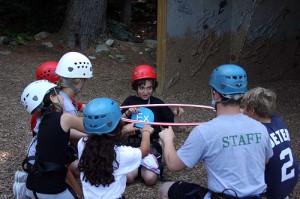 behalf of summer camps. However, it’s worth the reward. ACA accreditation elevates a camp’s reputation and credibility to other camps. However, more importantly, parents thinking of sending their children to camp should be concerned about ACA accreditation. ACA accreditation provides that extra peace of mind that the summer camp you’ve chosen for your child goes that extra mile to insure that everything they do—and how they do it—is nothing short of top notch.
behalf of summer camps. However, it’s worth the reward. ACA accreditation elevates a camp’s reputation and credibility to other camps. However, more importantly, parents thinking of sending their children to camp should be concerned about ACA accreditation. ACA accreditation provides that extra peace of mind that the summer camp you’ve chosen for your child goes that extra mile to insure that everything they do—and how they do it—is nothing short of top notch.
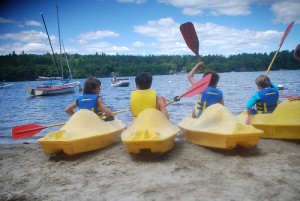 For all four of America’s Finest Summer Camps, merely meeting the minimum guidelines for accreditation is unacceptable. We strive to meet and exceed all expectations of the parents who choose to send their children to one of our camps. For us, “premier” isn’t merely a title given to a great camp, it’s a state of mind. We are proud to be the best and offer the best. As such, we never stop preparing for standards. We do not simply breathe a sigh of relief and spend the next couple of years resting after the ACA pays its bi-annual visit. We’re constantly updating policies, improving and maintaining our facilities, re-evaluating our current procedures for best practices, and working to be nothing short of excellent.
For all four of America’s Finest Summer Camps, merely meeting the minimum guidelines for accreditation is unacceptable. We strive to meet and exceed all expectations of the parents who choose to send their children to one of our camps. For us, “premier” isn’t merely a title given to a great camp, it’s a state of mind. We are proud to be the best and offer the best. As such, we never stop preparing for standards. We do not simply breathe a sigh of relief and spend the next couple of years resting after the ACA pays its bi-annual visit. We’re constantly updating policies, improving and maintaining our facilities, re-evaluating our current procedures for best practices, and working to be nothing short of excellent.


 6. Make your Visiting Day plans and book lodging. Yes, it’s true that your children haven’t even left for camp yet. But many hotels within the immediate vicinity of a camp often book months in advance. If you’re unsure of the lodging options near your children’s camp, contact the camp office.
6. Make your Visiting Day plans and book lodging. Yes, it’s true that your children haven’t even left for camp yet. But many hotels within the immediate vicinity of a camp often book months in advance. If you’re unsure of the lodging options near your children’s camp, contact the camp office. 4. Ensure you have all adequate sports and musical equipment in order: the wheels on the roller blades are oiled, the shin pads are the proper fit, and the guitar strings have been tightened. Just as if they are going off to rehearsal, your children’s sports equipment will receive as much of a workout at camp as it will at home. Sending your campers with properly maintained and fitting equipment can have a tremendous affect on the success of their summer.
4. Ensure you have all adequate sports and musical equipment in order: the wheels on the roller blades are oiled, the shin pads are the proper fit, and the guitar strings have been tightened. Just as if they are going off to rehearsal, your children’s sports equipment will receive as much of a workout at camp as it will at home. Sending your campers with properly maintained and fitting equipment can have a tremendous affect on the success of their summer. 3. Pack. It sounds so simple. Yet, for camp, it’s quite the production. Most camps strongly advise against packing any clothing that can’t withstand commercial laundry services. It’s also wise to remember that camps often downplay the importance of physical appearance, which means leaving the “dry clean only” and “one of kind” items at home is typically a good idea. Once you have your children’s bags packed, don’t forget to arrange for them to be delivered to camp by the designated date.
3. Pack. It sounds so simple. Yet, for camp, it’s quite the production. Most camps strongly advise against packing any clothing that can’t withstand commercial laundry services. It’s also wise to remember that camps often downplay the importance of physical appearance, which means leaving the “dry clean only” and “one of kind” items at home is typically a good idea. Once you have your children’s bags packed, don’t forget to arrange for them to be delivered to camp by the designated date.
